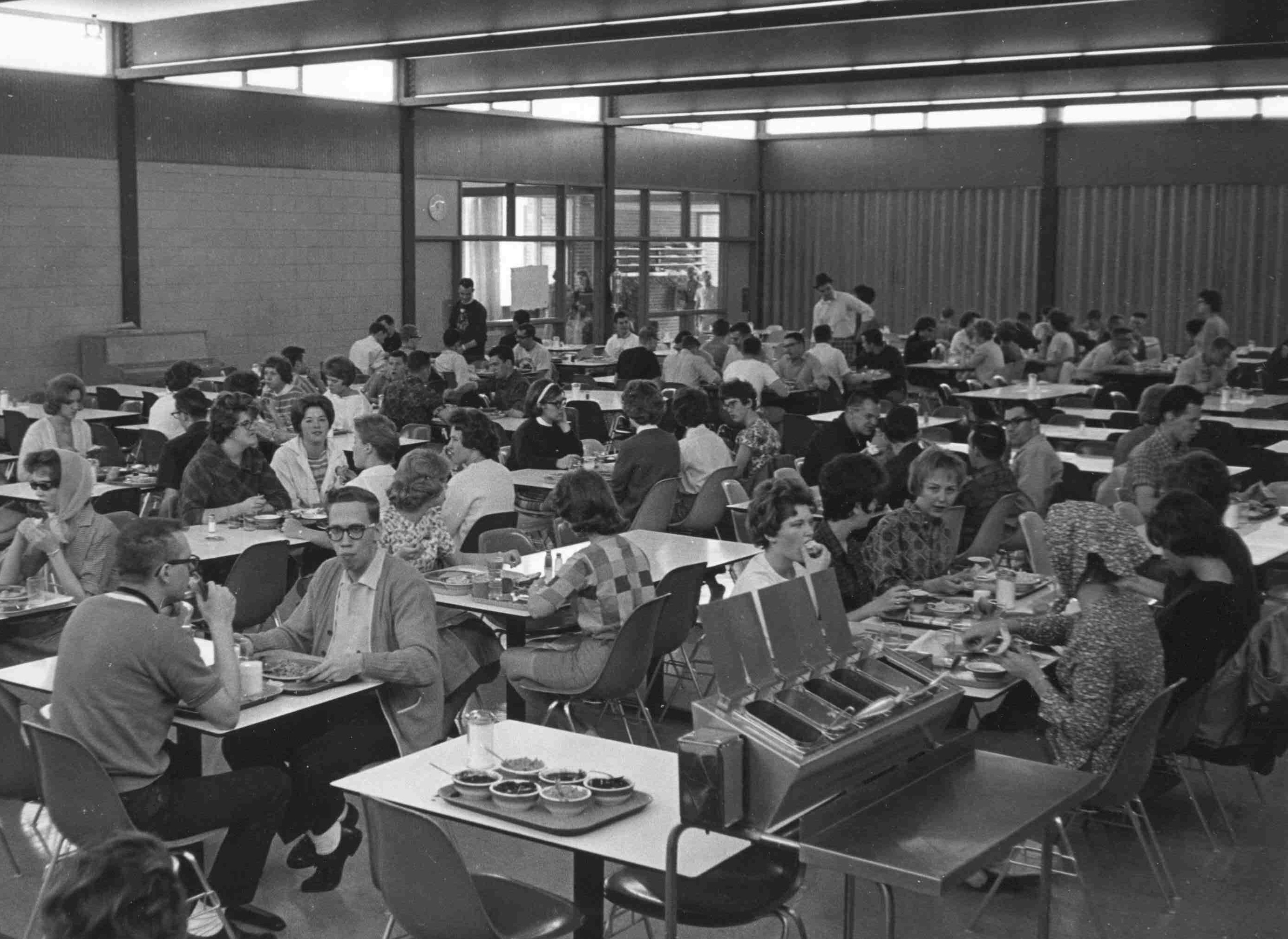

Joseph
Kise was born on a farm in Yellow Medicine County, Minnesota, in 1893.
After finishing high school and getting a degree at St. Olaf College, he taught
school in Minnesota and Iowa before joining the US Navy during World War I.
He completed an MS degree after the war, and joined Moorhead State Teachers
College in 1923. Kise taught history and government at MSTC and became active in
local and state affairs, most especially the Minnesota Education Association and
the local American Legion.
He spoke frequently to community groups.
Unlike many in the 1920s, Kise saw merit in the
Kise, like many others, supported the
idea of universal disarmament, but
as the power of Japan, Mussolini's Italy and Hitler's Germany grew, he feared
the "huge sacrifice" of the Great War would become meaningless if the
"dictatorships and war clouds hovering over the world's horizon" were left
unchallenged. He helped coax American Legion members into calling for
greater defense spending. He was very active in defense efforts during the
Second World War.
 After the war, Kise wrote a book on Minnesota government and
a series of pamphlets on America's role in the postwar world, which he later
published as the book International Relations of the United States. Some
students thought he was too conservative during the 1960s, but everyone
respected his grasp of the issues during those early years of the "Cold War."
When Kise retired from Moorhead State in 1961, the college honored him by naming
its new cafeteria (left) "Kise Commons." A few years later, new
construction was added to the Commons and the Comstock Student Union was
dedicated in 1968.
After the war, Kise wrote a book on Minnesota government and
a series of pamphlets on America's role in the postwar world, which he later
published as the book International Relations of the United States. Some
students thought he was too conservative during the 1960s, but everyone
respected his grasp of the issues during those early years of the "Cold War."
When Kise retired from Moorhead State in 1961, the college honored him by naming
its new cafeteria (left) "Kise Commons." A few years later, new
construction was added to the Commons and the Comstock Student Union was
dedicated in 1968.
Kise Commons, about 1964.